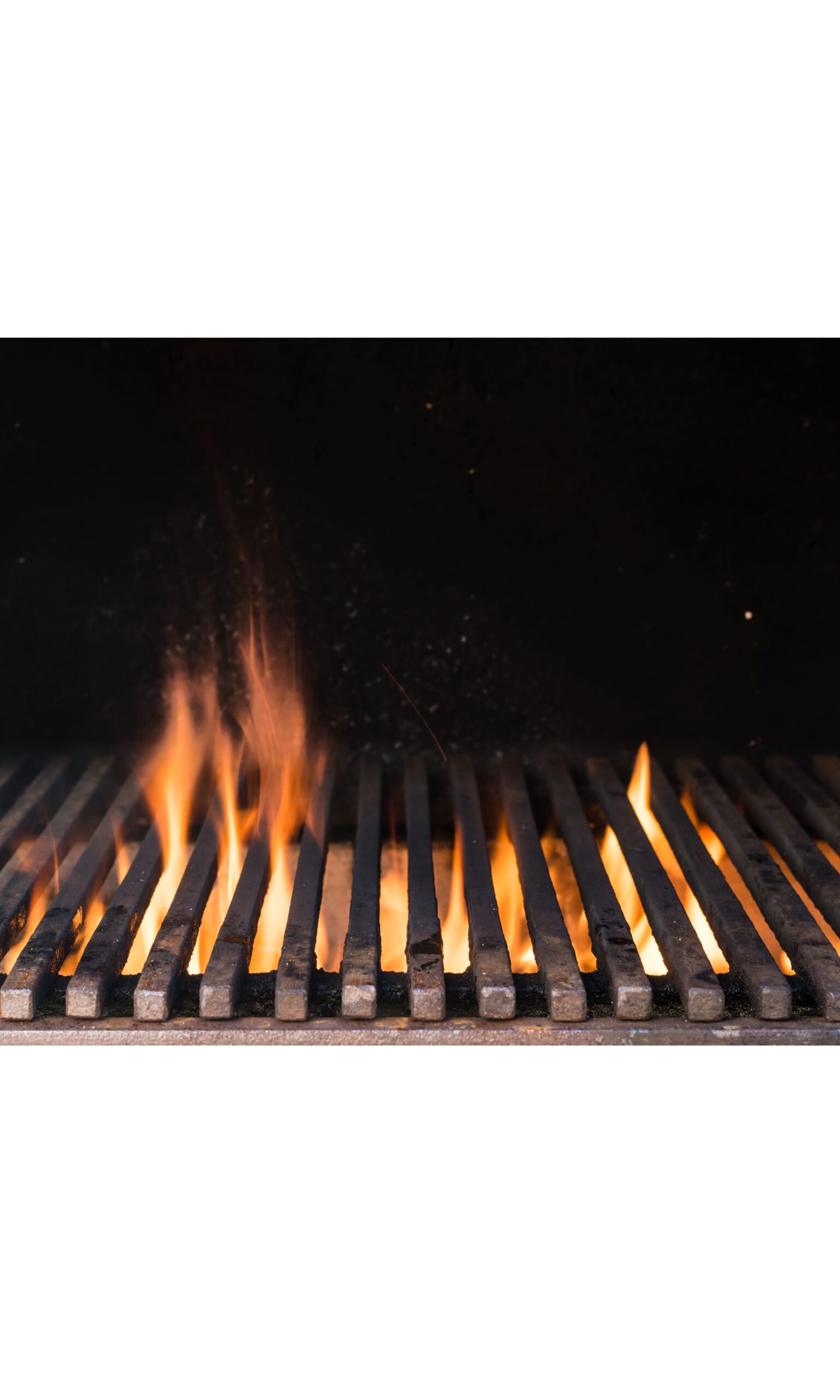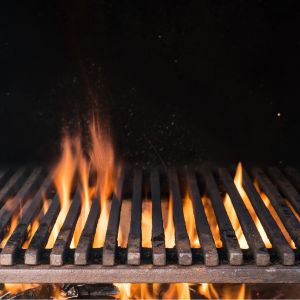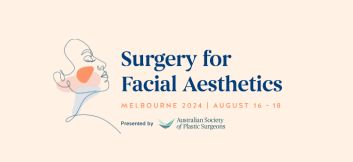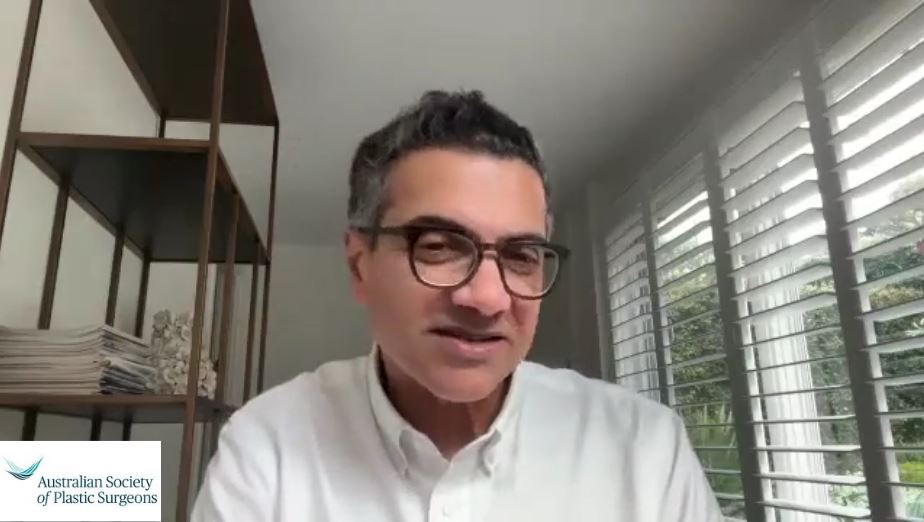Q&A with Stephen Goldie: Petrol burns and plastic surgery in Australia


Q1. As a plastic surgery trainee, what sparked your interest in research and especially in the area of petrol burns?
I became interested in research while at medical school. I took some time out of clinical training to “intercalate” in a clinical anatomy degree. For two years I left the medical faculty and joined the science faculty. I conducted my own successful research project, collaborating with plastic surgeons from the local Canniesburn Hospital in Glasgow, which led to research presentations in London and Barcelona. As a young student, this was a very exciting experience and hooked me into research.
At an early stage at University, I also decided I wanted to be a surgeon, and a plastic surgeon especially. The first operation I ever scrubbed for was a burns patient. He was a young man with mental health problems who had used petrol to set himself on fire. The resulting burns were life-changing.
In Australia, I was lucky to spend time as a surgical registrar in the Victorian Adult Burns Service (VABS) at the Alfred Hospital, Melbourne. I noticed a worrying trend of patients being admitted with significant injuries, all of which seem related to petrol use. One holiday weekend, I was on-call and I remember being confused about which patient was which, because we seemed to have multiple, almost identical, referrals for young males from regional Victoria, who had sustained burns from petrol on fires. It sparked an interest and made me look further into the epidemiology of petrol burns.
Q2. What is the profile of a typical patient who presents with petrol burns?
Our research into petrol burns initially focused on Victoria. We found that the majority of petrol burns admissions were young, male, and coming in from outside metropolitan areas. We then extended our study population to the whole of Australia and New Zealand. This was the first international study of its kind and it confirmed that the patterns of behaviour were similar across the whole continent.
Q3. How do the outcomes differ between patients with petrol burns and non-petrol burns?
Our studies compared outcomes for patients with petrol related burns with non-petrol burns. We found that patients who sustained petrol burns; had larger burns, were more like to have airway burns from inhaling hot smoke, and overall, a higher chance of dying from their injuries.
Q4. How does/can your research influence health policy and guidelines in the prevention of petrol-burns in Australia?
We calculated the financial cost to care for all of these patients across Australia and New Zealand. The cost was estimated based on total body surface area affected by burn. The mean cost was $190,733 AUD per patient or $540.3 million AUD overall, for the ten year period of our study. This does not include the cost of transfer to hospital from regional locations, post discharge care in the community, or the loss of income for the individuals and countries as a result of long-term rehabilitation. These figures highlight what a huge problem petrol burns are in Australasia – a real healthcare crisis that needs urgent intervention!
We have engaged with the Country Fire Authority (CFA) and Fire Rescue Victoria (FRV) to develop public education programs. We also want to work with these agencies to influence government policy on regulations regarding safe handling and storage of petrol, for example, by implementing recent changes from the USA on the design of petrol can nozzles.
Learn more about Stephen Goldie’s research here, or to find his contact details follow the link to our find a surgeon page.
Featured Stories

Member Blog with Dr Ellis Choy: What is a Deep Plane Facelift?
Who is the ideal candidate for a deep plane facelift?…
Continue reading Like
Like

